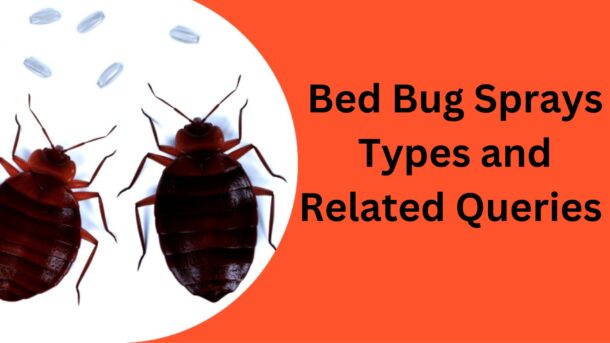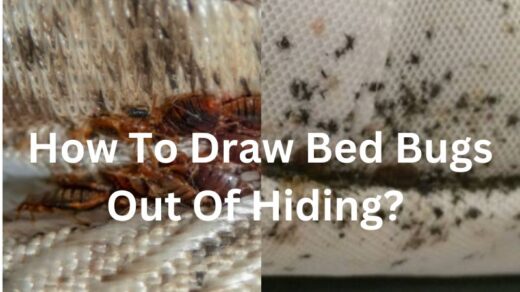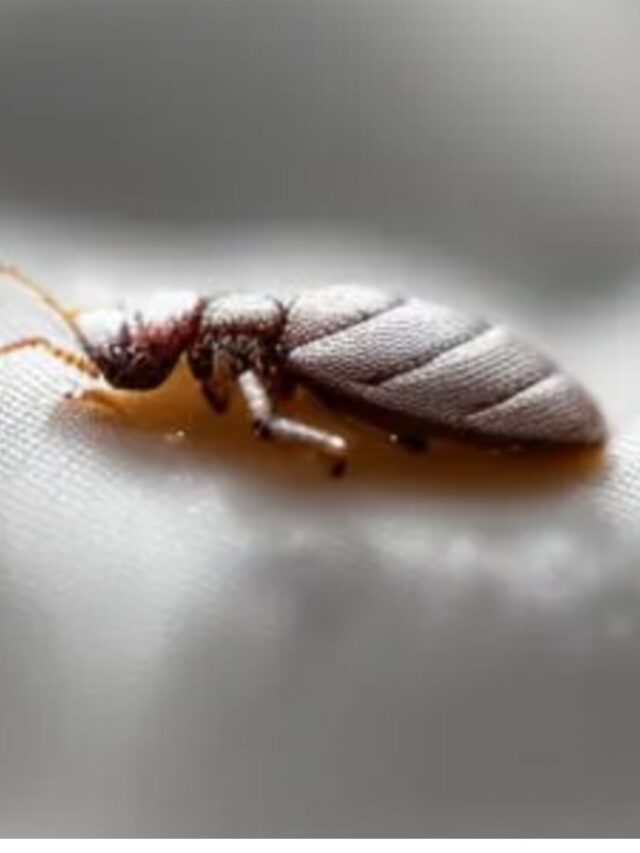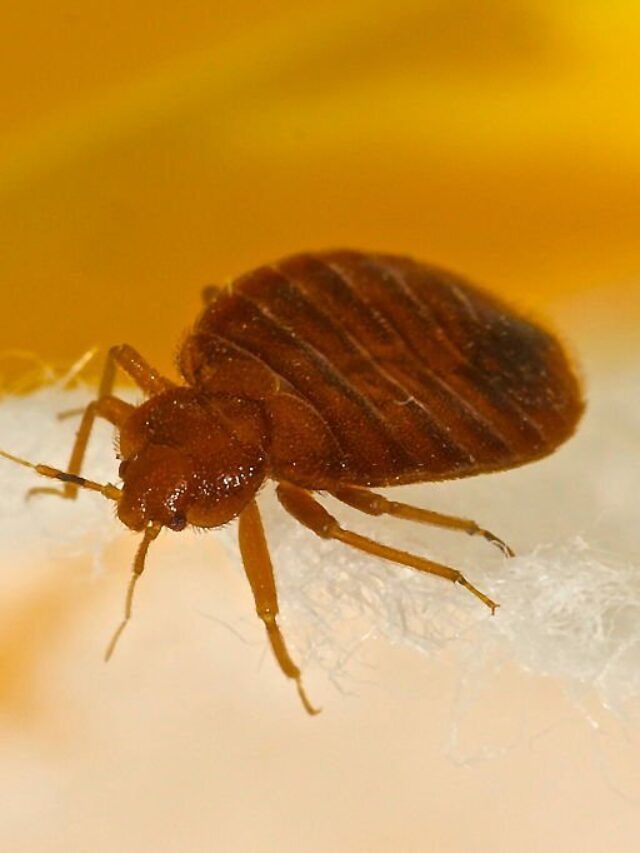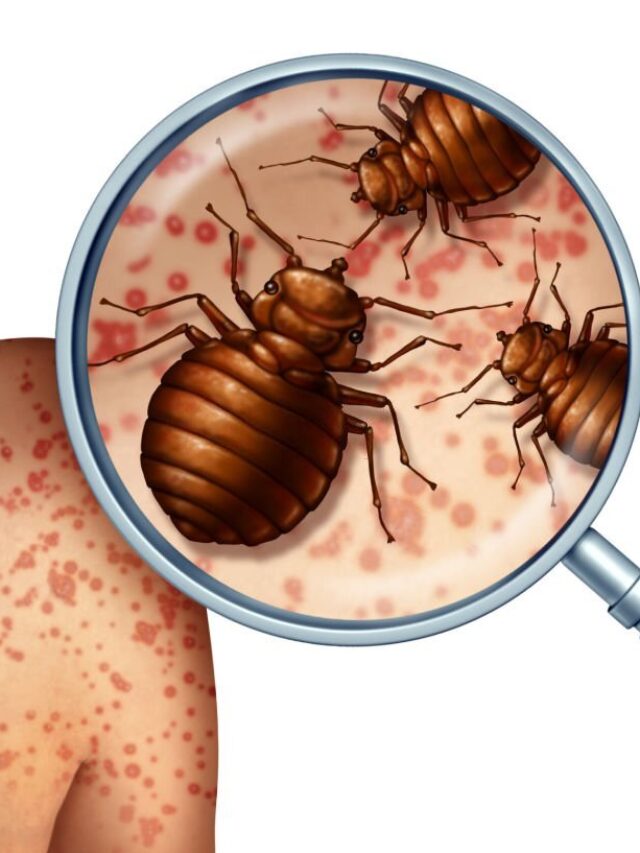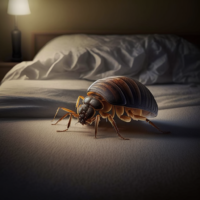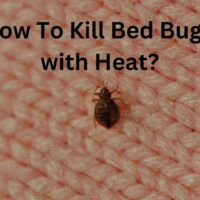Introduction:
Bed bugs are a nuisance that many people dread. They can be difficult to get rid of, and they can make your life miserable. Luckily, there are bed bug sprays on the market that claim to kill these pesky bugs. However, there are many questions related to these sprays that need to be answered. In this article, we’ll take a look at some of the most common questions related to bed bug sprays.
What Are Bed Bug Sprays And How Do They Work?
Bed bug sprays are a type of insecticide that is designed specifically to kill bed bugs. These sprays contain chemicals that attack the nervous system of the bed bug, ultimately leading to their death. The active ingredients in these sprays can vary, but some common ones include pyrethroids, neonicotinoids, and insect growth regulators.
Are Bed Bug Sprays Effective?
Yes, bed bug sprays can be effective at killing bed bugs. However, the effectiveness of the spray can depend on a variety of factors, such as the type of spray used, the severity of the infestation, and the thoroughness of the application. It’s important to follow the instructions on the label carefully and to apply the spray to all areas where bed bugs may be hiding.
Can Bed Bugs Become Resistant To Sprays?
Yes, bed bugs can become resistant to sprays. This is why it’s important to rotate the use of different types of insecticides to prevent resistance from developing. In addition, it’s important to follow the label instructions carefully and not overuse the spray, as this can also contribute to resistance.
Are Bed Bug Sprays Safe For Humans And Pets?
Most bed bug sprays are safe for humans and pets when used according to the label instructions. However, some people may be more sensitive to the chemicals in the spray and may experience adverse reactions. It’s important to use the spray in a well-ventilated area and to keep pets and children away from the treated area until the spray has dried.
Can Bed Bug Sprays Be Used On All Surfaces?
No, bed bug sprays should not be used on all surfaces. Some sprays are only suitable for use on non-porous surfaces, while others can be used on both porous and non-porous surfaces. It’s important to read the label instructions carefully to determine which surfaces the spray can be used on.
What Sprays Kills Bed Bugs Permanently?
There are sprays that can kill bed bugs forever. Pyrethroid-based sprays, neonicotinoid-based sprays, and insecticidal dusts are some examples. To use the spray safely and effectively, make sure to read the labels carefully and follow the instructions closely. If you have a severe infestation, it’s best to hire a professional exterminator for proper treatment and to prevent future infestations.
Can I Spray Bed Bug Spray Directly On My Mattress?
It is generally not recommended to spray bed bug spray directly on your mattress. Instead, it’s recommended to focus on treating the areas around your mattress, such as the bed frame, headboard, and surrounding furniture.
If you do need to treat your mattress, there are specialized mattress encasements available that can help protect your mattress from bed bugs and allow for safe and effective treatment. It’s important to carefully read and follow the instructions on the spray label and consult a professional exterminator for severe infestations.
How Many Times Do You Have To Spray To Get Rid Of Bed Bugs?
To get rid of bed bugs, you may need to spray several times. The number of sprays required will depend on the severity of the infestation and the type of spray being used. It’s important to follow the instructions carefully and to ensure that all areas where bed bugs may be hiding are treated. In some cases, professional extermination may be necessary to fully eradicate the infestation.
What Sprays Do Bed Bugs Hate?
There are several sprays that bed bugs hate and are effective in repelling or killing them. Some of these sprays include neem oil spray, tea tree oil spray, lavender oil spray, and peppermint oil spray. These essential oil-based sprays work by disrupting the bed bugs’ nervous system and dehydrating them.
Additionally, some bed bug sprays containing insecticides like pyrethroids, neonicotinoids, or desiccants are also effective in killing bed bugs. It’s important to always read the label and use the spray as directed to ensure safety and efficacy.
How Long Do Bed Bugs Live After Spraying?
Bed bugs can live for varying amounts of time after being sprayed, depending on the type of spray used and the severity of the infestation. Some sprays are designed to kill bed bugs on contact, while others have residual effects that continue to kill bed bugs for weeks or even months after application. In general, bed bugs that are directly exposed to a spray designed to kill them will die within a few hours to a few days.
However, it’s important to note that even after a successful treatment, some bed bug eggs may remain and hatch, leading to a new infestation if not properly addressed. Therefore, it’s recommended to continue monitoring and inspecting the area for several weeks after treatment to ensure complete eradication of the infestation.
Conclusion: Bed bug sprays can be an effective tool in the fight against bed bugs. However, it’s important to use them correctly and to follow the label instructions carefully. By doing so, you can help to eliminate bed bugs from your home and prevent future infestations.
Can You Use Spray For Bed Bugs Every Day?
What Are The Best Bed Bug Sprays For Home Use?
